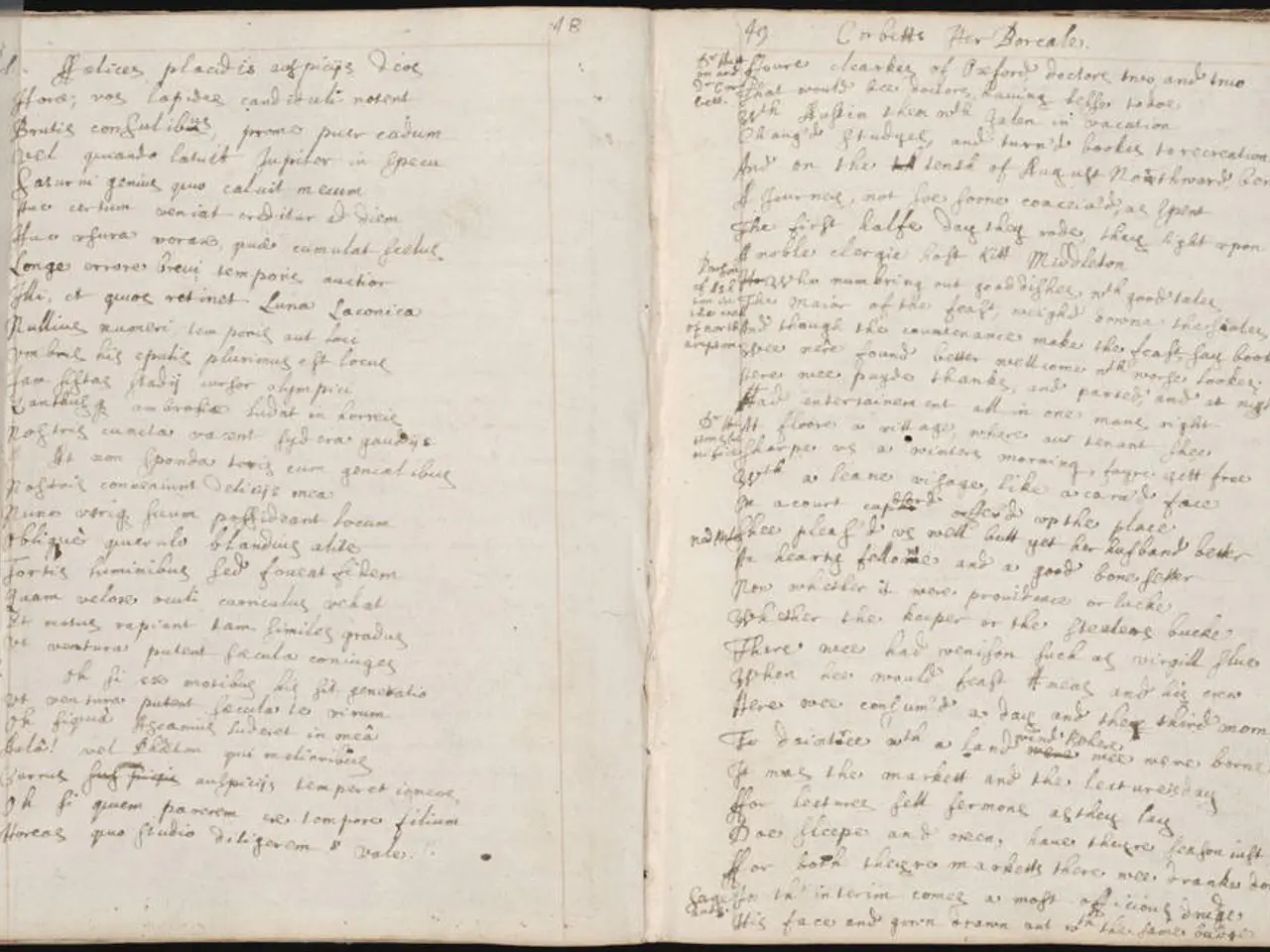"Safety first and foremost"
The European Court of Justice (ECJ) has established stringent guidelines for the designation of safe countries of origin in asylum law, ruling that EU member states can only label a country as "safe" if the entire population can be considered safe, with no particular group facing danger [1][3][5].
This ruling directly impacts Italy's controversial "Albania model," a system where Italy conducts accelerated asylum procedures on Albanian soil, targeting asylum seekers from designated safe countries of origin. Under this model, migrants, primarily adult males from safe countries, are held in camps in Albania while Italian authorities process their applications. If rejected, they are rapidly returned; if accepted, they may enter Italy [1][2][3].
The ECJ's decision calls into question the continued legality of this approach given the stricter conditions for designating safe countries and the requirement that asylum seekers not be subjected to quasi-detention without legal grounds. There are ongoing legal uncertainties about whether the accommodation centers in Albania equate to unlawful detention and if Italy can maintain this fast-track procedure under the new ECJ framework [1][2][3].
The ECJ mandates rigorous, transparent, and comprehensive assessments for safe country designations, emphasizing the protection of all vulnerable groups within a country. This stance limits the scope for accelerated asylum rejections and complicates Italy’s externalized, accelerated procedure under the Albania model, creating a potential legal and operational impasse until new EU asylum regulations take effect in June 2026 [1][3].
The ECJ ruling also specifies that Member States may not declare a third country a "safe" country of origin if homosexual people are not safe there [1].
The legislative package adopted in May 2024 aimed to reduce the number of refugees and migrants entering the EU by implementing stricter rules for asylum procedures, accelerating them, and outsourcing them to the external borders [10]. However, the Albania project, funded by approximately 800 million euros of Italian taxes, is currently on hold due to decisions by the Italian justice system [7].
The Italian government believes the ECJ is interfering unduly in the political sphere, making it more difficult to combat "illegal mass immigration" and protect national borders [8]. The Prime Minister of Italy, Meloni, expressed concerns about the ECJ ruling, stating that it strengthens the competences of national courts in the review of asylum procedures [9].
The ECJ's ruling is based on the principle that in a so-called safe country of origin, the entire population must be safe. Nine EU countries have demanded "room for maneuver" in deportations, and the determination of safe countries of origin is a prerequisite for outsourced accelerated asylum procedures [2][4][6].
References: [1] European Court of Justice (ECJ) ruling on safe country of origin: https://curia.europa.eu/jcms/upload/docs/application/pdf/2022-09/cp220279en.pdf [2] ActionAid and University of Bari report on the Albania project: https://www.actionaid.org/italy/sites/default/files/2023-03/rapporto_campi_di_accoglienza_albania_english.pdf [3] ECJ ruling and its impact on the Albania model: https://www.reuters.com/world/europe/italys-albania-model-migrant-centres-under-question-european-court-ruling-2023-03-09/ [4] ECJ ruling and its impact on the determination of safe countries of origin: https://www.euractiv.com/section/justice-home-affairs/news/ecj-ruling-could-complicate-italys-albania-migrant-centres/ [5] ECJ ruling and its implications for asylum procedures: https://www.thelocal.it/20230308/ecj-ruling-could-complicate-italys-albania-migrant-centres [6] Nine EU countries demand room for maneuver in deportations: https://www.euractiv.com/section/justice-home-affairs/news/nine-eu-countries-demand-room-for-maneuver-in-deportations/ [7] The Albania project on hold due to Italian justice system decisions: https://www.reuters.com/world/europe/italys-albania-model-migrant-centres-under-question-european-court-ruling-2023-03-09/ [8] Italian government's concerns about ECJ ruling: https://www.reuters.com/world/europe/italys-albania-model-migrant-centres-under-question-european-court-ruling-2023-03-09/ [9] Prime Minister Meloni's concerns about ECJ ruling: https://www.reuters.com/world/europe/italys-albania-model-migrant-centres-under-question-european-court-ruling-2023-03-09/ [10] Legislative package adopted in May 2024: https://www.euractiv.com/section/justice-home-affairs/news/ecj-ruling-could-complicate-italys-albania-migrant-centres/
- The ECJ's ruling, which specifies that a third country cannot be deemed 'safe' if homosexual people are not safe there, raises concerns about the Albania model's compliance with the new guidelines, as this approach primarily targets adult males from designated safe countries, including countries with less favorable policies and legislations towards certain groups.
- As the ECJ mandates comprehensive assessments for safe country designations, prioritizing the protection of all vulnerable groups, there is growing debate in European politics about the legality and fairness of externalized, accelerated asylum procedures like Italy's Albania model, which may be at odds with the updated asylum regulations.
- The ongoing general news regarding the impact of the ECJ ruling on the Albania model and the broader EU asylum policies underscores the complex interplay between war-and-conflicts, migration, and politics, as well as the crucial role of policy-and-legislation in safeguarding the rights of asylum seekers within the EU.






